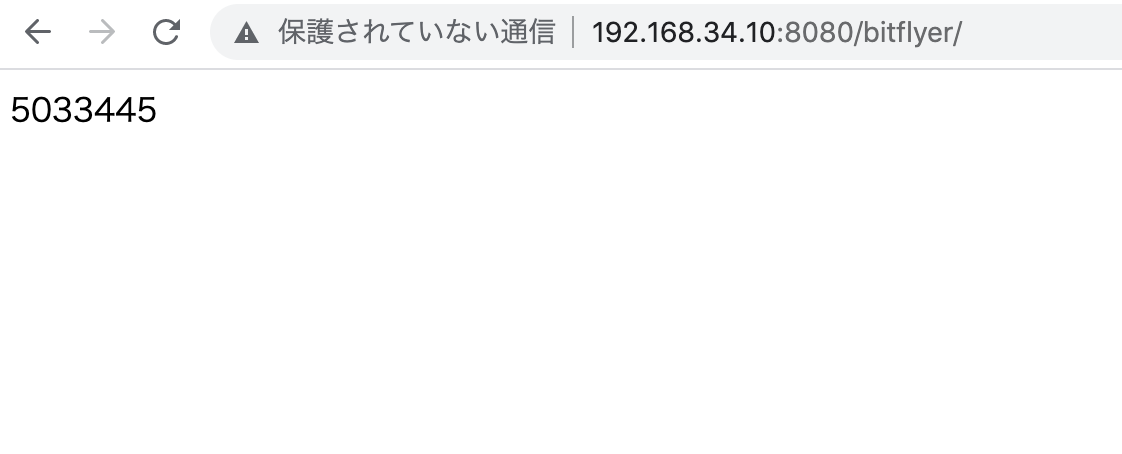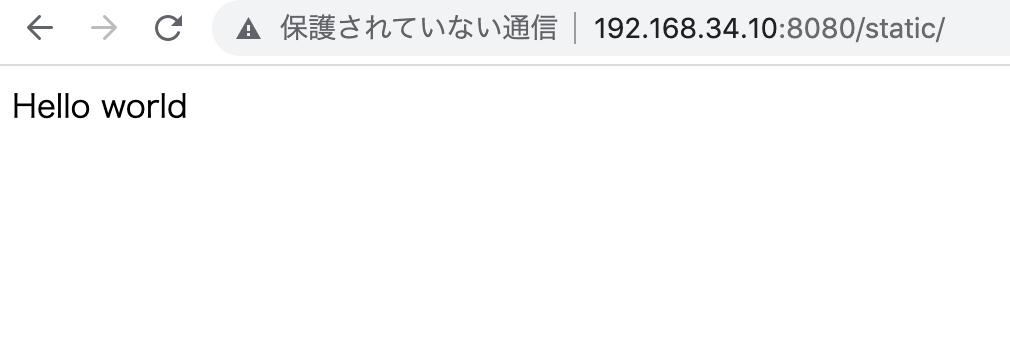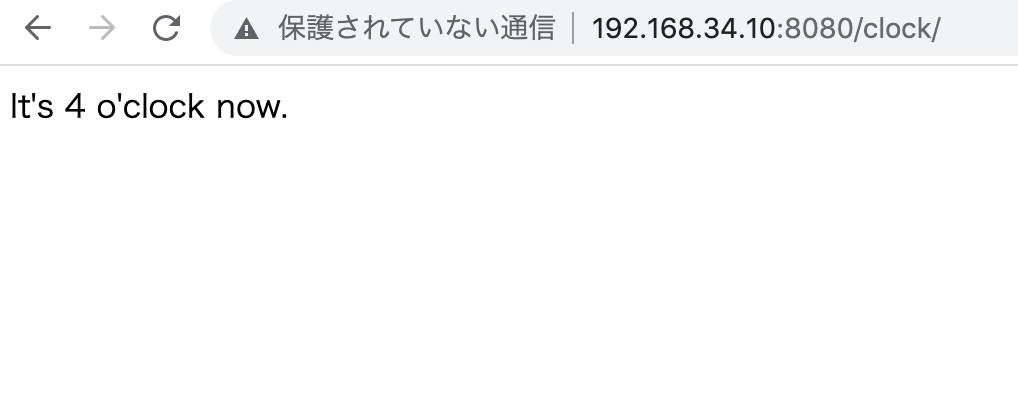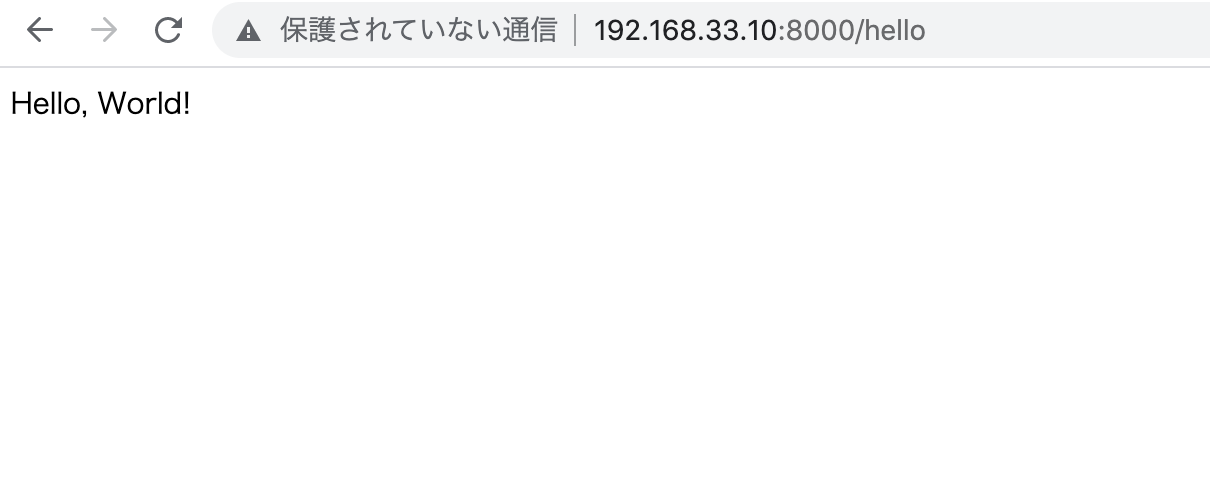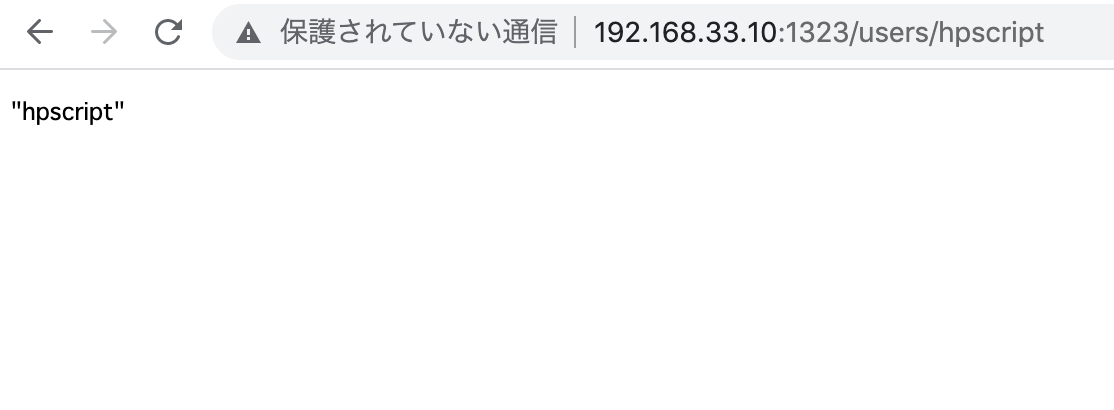/home/vagrant/go/bin/dep init
twitterのconsumer key, access-tokenなどを用意します。
package main
import (
"github.com/ChimeraCoder/anaconda"
)
func main() {
anaconda.NewTwitterApiWithCredentials("your-access-token", "your-access-token-secret", "your-consumer-key", "your-consumer-secret")
}
$ /home/vagrant/go/bin/dep ensure
作成されています。
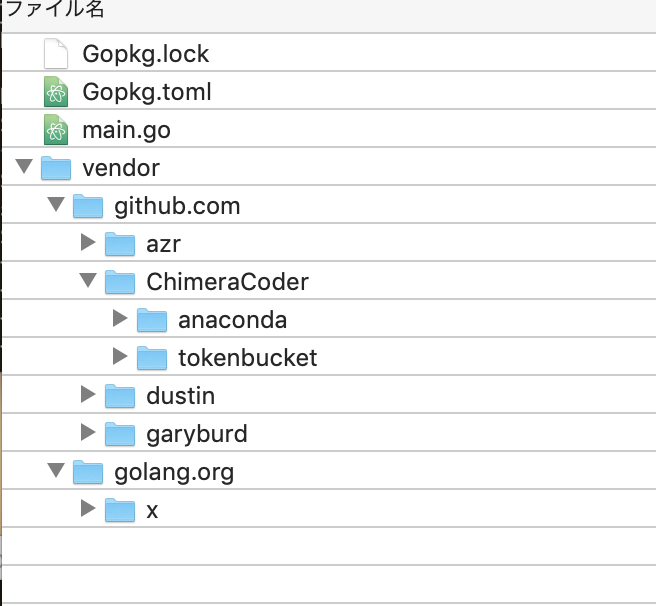
twitterAccount.json
{
"accessToken": "",
"accessTokenSecret": "",
"consumerKey": "",
"consumerSecret": ""
}
package main
import (
"encoding/json"
"fmt"
"io/ioutil"
"github.com/ChimeraCoder/anaconda"
)
func main(){
raw, error := ioutil.ReadFile("twitterAccount.json")
if error != nil {
fmt.Println(error.Error())
return
}
var twitterAccount TwitterAccount
json.Unmarshal(raw, &twitterAccount)
api := anaconda.NewTwitterApiWithCredentials(twitterAccount.AccessToken, twitterAccount.AccessTokenSecret, twitterAccount.ConsumerKey, twitterAccount.ConsumerSecret)
searchResult, _ := api.GetSearch(`スタートアップ`, nil)
for _, tweet := range searchResult.Statuses {
fmt.Println(tweet.Text)
}
}
type TwitterAccount struct {
AccessToken string `json:"accessToken"`
AccessTokenSecret string `json:"accessTokenSecret"`
ConsumerKey string `json:"consumerKey"`
ConsumerSecret string `json:"consumerSecret"`
}
$ go run main.go
“厄介者”火山灰で排水処理を手助け、
巨大企業も目?
RT @ecoecoecho: 何をやっているか全く分からないが藤原竜也のイ
RT @Herlipto_info: 𝖲𝗁𝖺𝗋𝗂𝗇𝗀 𝗈𝗎𝗋 𝗅𝗈𝗏𝖾𝗅𝗒 𝗇𝖾𝗐 𝗉𝗂𝖾𝖼𝖾𝗌.
9/20(mon)20:00
RT @Herlipto_info: 𝖲𝗁𝖺𝗋𝗂𝗇𝗀 𝗈𝗎𝗋 𝗅𝗈𝗏𝖾𝗅𝗒 𝗇𝖾𝗐 𝗉𝗂𝖾𝖼𝖾𝗌.
// 省略
おおおおおおおおおおお
package main
import (
"encoding/json"
"fmt"
"io/ioutil"
"net/http"
"github.com/labstack/echo"
"github.com/ChimeraCoder/anaconda"
)
func main(){
e := echo.New()
e.Post("/tweet", search)
e.Logger.Fatal(e.start(":1323"))
}
func search(c echo.Context) error {
keyword := c.FormValue("keyword")
api := connectTwitterApi()
searchResult, _ := api.GetSearch(`"` +keyword+ `"`, nil)
tweets := make([]*Tweet, 0)
for _, data := range searchResult.Statuses {
tweet := new(Tweet)
tweet.Text = data.FullText
tweet.User = data.User.Name
tweets = append(tweets, tweet)
}
return c.JSON(http.StatusOK, tweets)
}
func connectTwitterApi() *anaconda.TwitterApi {
raw, error := ioutil.ReadFile("twitterAccount.json")
if error != nil {
fmt.Println(error.Error())
return
}
var twitterAccount TwitterAccount
json.Unmarshal(raw, &twitterAccount)
return anaconda.NewTwitterApiWithCredentials(twitterAccount.AccessToken, twitterAccount.AccessTokenSecret, twitterAccount.ConsumerKey, twitterAccount.ConsumerSecret)
}
type TwitterAccount struct {
AccessToken string `json:"accessToken"`
AccessTokenSecret string `json:"accessTokenSecret"`
ConsumerKey string `json:"consumerKey"`
ConsumerSecret string `json:"consumerSecret"`
}
type Tweet struct {
User string `json:"user"`
Text string `json:"text"`
}
type Tweets *[]Tweet
$ go build
go: inconsistent vendoring in /home/vagrant/go/src/github.com/me/twitter:
github.com/ChimeraCoder/anaconda@v2.0.0+incompatible: is explicitly required in go.mod, but not marked as explicit in vendor/modules.txt
github.com/ChimeraCoder/tokenbucket@v0.0.0-20131201223612-c5a927568de7: is explicitly required in go.mod, but not marked as explicit in vendor/modules.txt
github.com/azr/backoff@v0.0.0-20160115115103-53511d3c7330: is explicitly required in go.mod, but not marked as explicit in vendor/modules.txt
github.com/dustin/go-jsonpointer@v0.0.0-20160814072949-ba0abeacc3dc: is explicitly required in go.mod, but not marked as explicit in vendor/modules.txt
github.com/dustin/gojson@v0.0.0-20160307161227-2e71ec9dd5ad: is explicitly required in go.mod, but not marked as explicit in vendor/modules.txt
github.com/garyburd/go-oauth@v0.0.0-20180319155456-bca2e7f09a17: is explicitly required in go.mod, but not marked as explicit in vendor/modules.txt
github.com/labstack/echo/v4@v4.5.0: is explicitly required in go.mod, but not marked as explicit in vendor/modules.txt
golang.org/x/net@v0.0.0-20210917221730-978cfadd31cf: is explicitly required in go.mod, but not marked as explicit in vendor/modules.txt
run ‘go mod vendor’ to sync, or use -mod=mod or -mod=readonly to ignore the vendor directory
なんでやろ
まあ 取得できるって事まではわかった。



